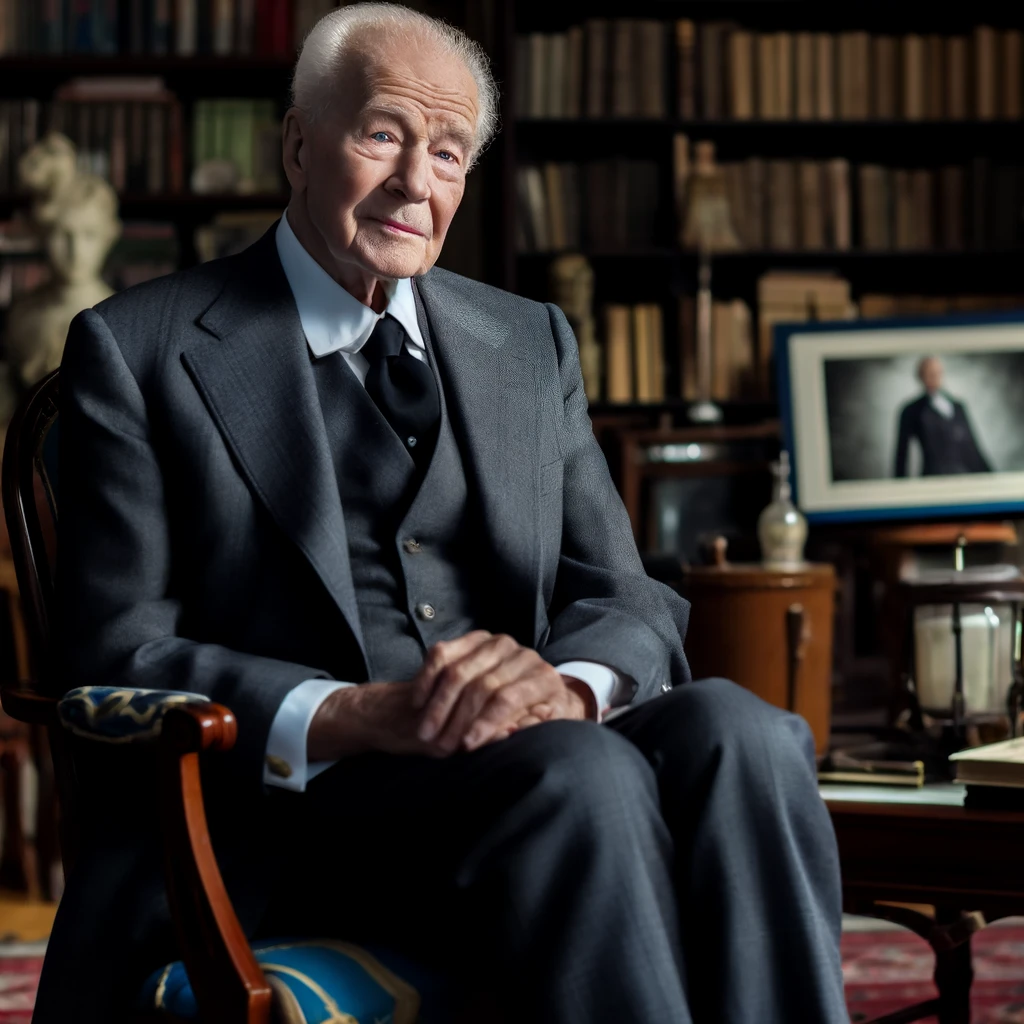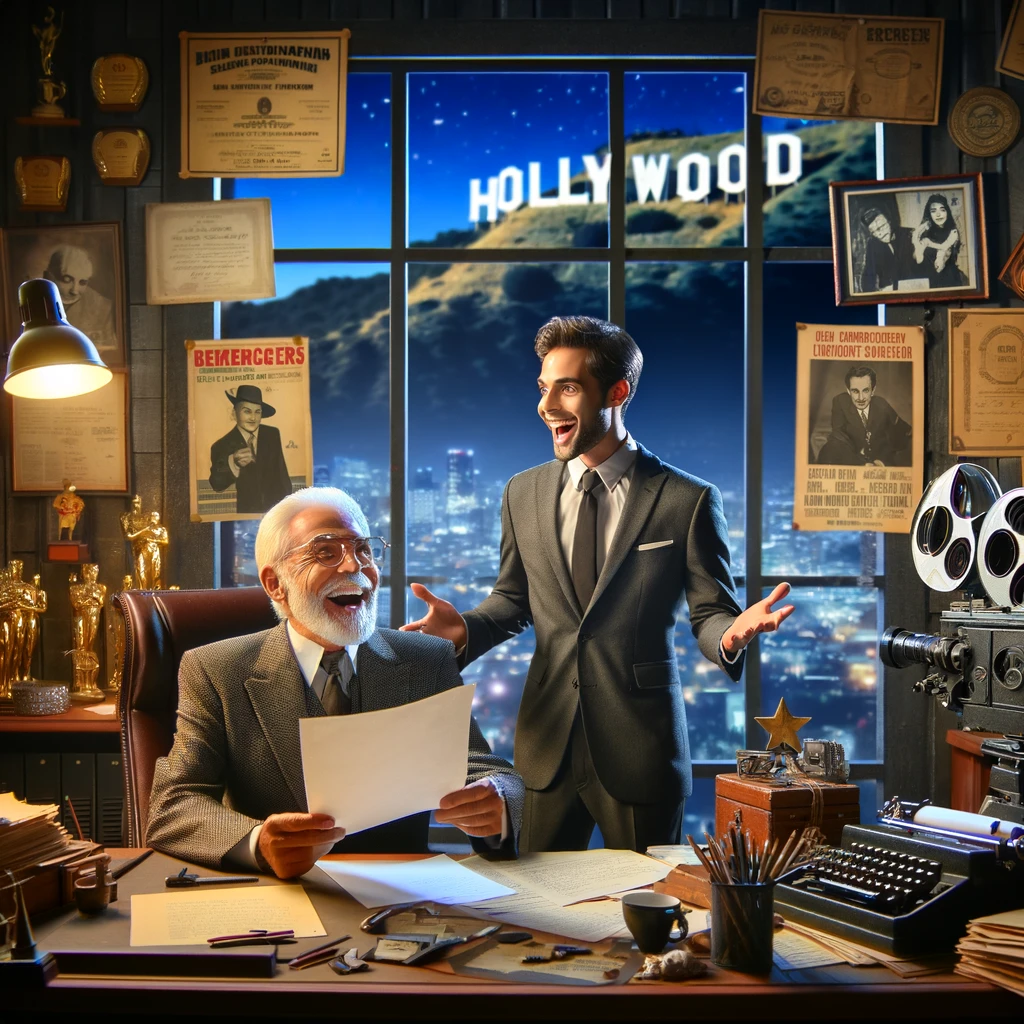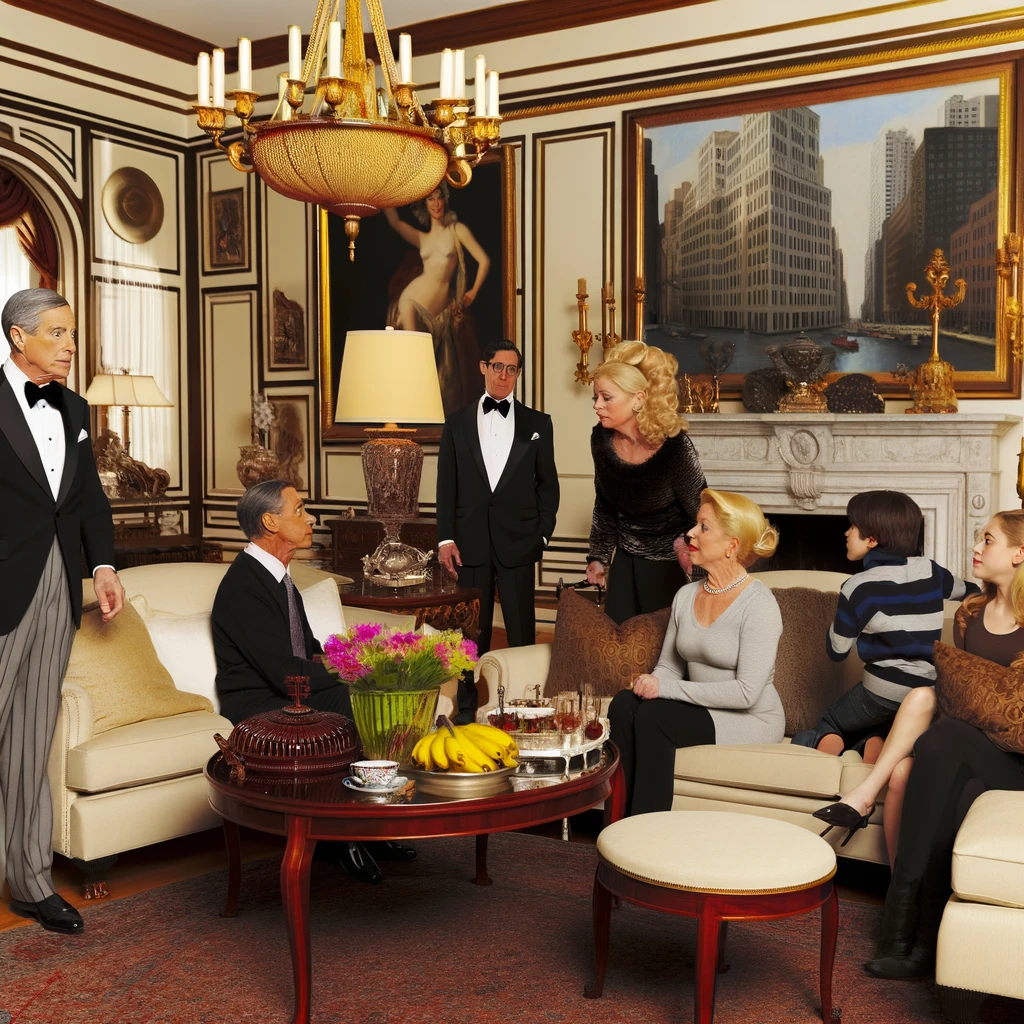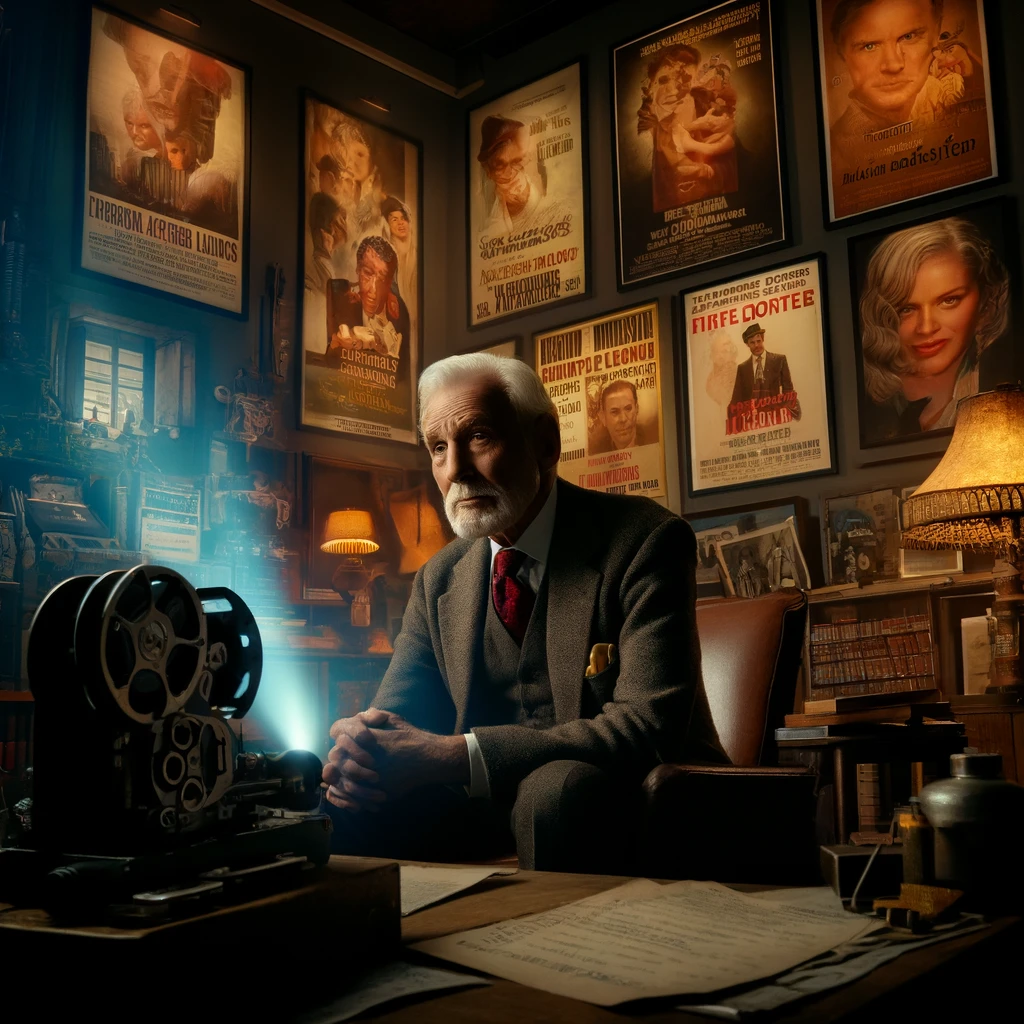
At 94 years of age, Gene Hackman remains a formidable figure in the collective memory of Hollywood’s golden years. His career, spanning over three decades, has left an indelible mark on the industry and on the audiences who have been captivated by his performances. Despite stepping back from the limelight, his legacy continues to resonate, and the media and public still celebrate his contribution to the cinematic arts.

Hackman’s career is characterized by its breadth and versatility. From his intense portrayal of Popeye Doyle in “The French Connection” to the churlish yet charming Royal Tenenbaum in “The Royal Tenenbaums,” his range as an actor is impressive. His performances have not just entertained but also challenged viewers, often bringing complex characters to life with a depth that few actors can match. His characters were nuanced, never one-dimensional, and they often stood at the crossroads of morality, embodying both heroism and human frailty.

Even after his retirement from acting in the early 2000s, Hackman’s films continue to be a staple in discussions about cinematic excellence. The media often cite his roles in film retrospectives, illustrating the enduring appeal of his body of work. His method of acting, marked by an ability to fully inhabit a character, has been studied by acting students and celebrated by his peers. In an era of constant media coverage, Hackman’s decision to retire at the height of his career reflects a rare and admirable level of personal integrity and contentment.

Despite his absence from the screen, Hackman has not vanished from the creative world. He has channeled his storytelling skills into writing novels, offering his audience a different medium through which to appreciate his artistic talent. His foray into writing is often covered by the media as an inspiring example of an artist reinventing himself, proving that it is never too late to embark on a new creative journey.

Hackman’s interaction with the media has always been marked by a distinct authenticity. He has shied away from the trappings of celebrity culture, focusing on his craft rather than his fame. This approach has earned him respect in an industry often criticized for its superficiality. In interviews, he is remembered for being straightforward and candid, a reflection of the honesty he brought to his roles.

The actor’s enduring appeal is also seen in the ongoing public interest in his life and career. Social media, film forums, and online publications frequently highlight his past achievements, share clips of his iconic performances, and express admiration for his work. New generations of film enthusiasts discover his films, underscoring the timelessness of his contributions to the art form.

At 94, Gene Hackman’s relationship with the media may be less about current events and more about reflection on past accomplishments. Yet, it’s clear that he continues to be a subject of interest and esteem. His impact on the film industry serves as a benchmark for aspiring actors and a reminder of what it means to truly captivate an audience. As a testament to his influence, his films are not just remembered; they are actively watched and enjoyed, ensuring that his artistic legacy will endure well beyond his years.
His legacy is celebrated not only for the breadth of his roles but also for his embodiment of a certain era of filmmaking—one that favored grit, character, and a deep humanism. Even as he has stepped away from the spotlight, Hackman’s work continues to speak, his performances resonating with the force of a well-delivered line, a testament to the enduring power of storytelling and its ability to reveal the spectrums of human experience.
A Lifetime in Frames: Reflecting on a Storied Career
Gene Hackman, an actor renowned for his versatility and depth, has graced the film industry with an array of memorable performances across a spectrum of genres. His career, spanning several decades, showcases a remarkable ability to bring authenticity and complexity to his roles, making him a stalwart figure in Hollywood.
Hackman’s foray into cinema began in the 1960s, but it was his role in “The French Connection” (1971) that catapulted him into the limelight. His portrayal of Jimmy “Popeye” Doyle, a gritty New York City detective, earned him an Academy Award for Best Actor. The film’s iconic chase scene, coupled with Hackman’s intense performance, solidified it as a classic in the crime genre. This role exemplified Hackman’s capacity to embody characters with a raw, edgy intensity, setting a high bar for his subsequent work.
Throughout the 1970s and 1980s, Hackman continued to diversify his portfolio with roles in films like “The Conversation” (1974), where he played a surveillance expert caught in a moral quandary. This film, directed by Francis Ford Coppola, highlighted Hackman’s ability to convey deep internal conflict and showcased his adeptness at portraying nuanced characters.
Hackman’s versatility shone through in the 1980s with his performance in “Mississippi Burning” (1988), where he played an FBI agent investigating civil rights cases in the South. The film’s heavy themes of racism and justice were anchored by Hackman’s compelling portrayal, which was both authoritative and empathetic.
In the 1990s, Hackman demonstrated his range by excelling in various genres, from the tense submarine drama “Crimson Tide” (1995) to the quirky comedy “The Birdcage” (1996). In “Crimson Tide,” Hackman played a seasoned submarine captain in a gripping tale of military conflict and nuclear brinkmanship, while in “The Birdcage,” he showcased his comedic timing as a conservative senator faced with an unexpected family dynamic.
Another significant highlight of Hackman’s career was his role in “Unforgiven” (1992), a film that deconstructed the myths of the Old West. Directed by Clint Eastwood, the movie featured Hackman as Little Bill Daggett, a brutal sheriff whose actions challenge the traditional hero-villain dichotomy of Western films. Hackman’s performance earned him an Academy Award for Best Supporting Actor, underscoring his ability to bring complexity to even the most rugged characters.$Beyond these iconic roles, Hackman’s filmography includes a plethora of characters, each distinct and fully realized. Whether playing a corrupt president in “Absolute Power” (1997), a determined coach in “Hoosiers” (1986), or a cunning lawyer in “The Firm” (1993), Hackman consistently delivered performances that resonated with audiences and critics alike.
Gene Hackman’s legacy in cinema is defined by his commitment to the craft of acting and his ability to disappear into his characters, making each one memorable and authentic. His body of work not only provides a testament to his talent and versatility but also offers a rich tapestry of stories that have contributed significantly to the landscape of American film. As audiences look back on Hackman’s illustrious career, they find a treasure trove of cinematic gems that continue to inspire and entertain.